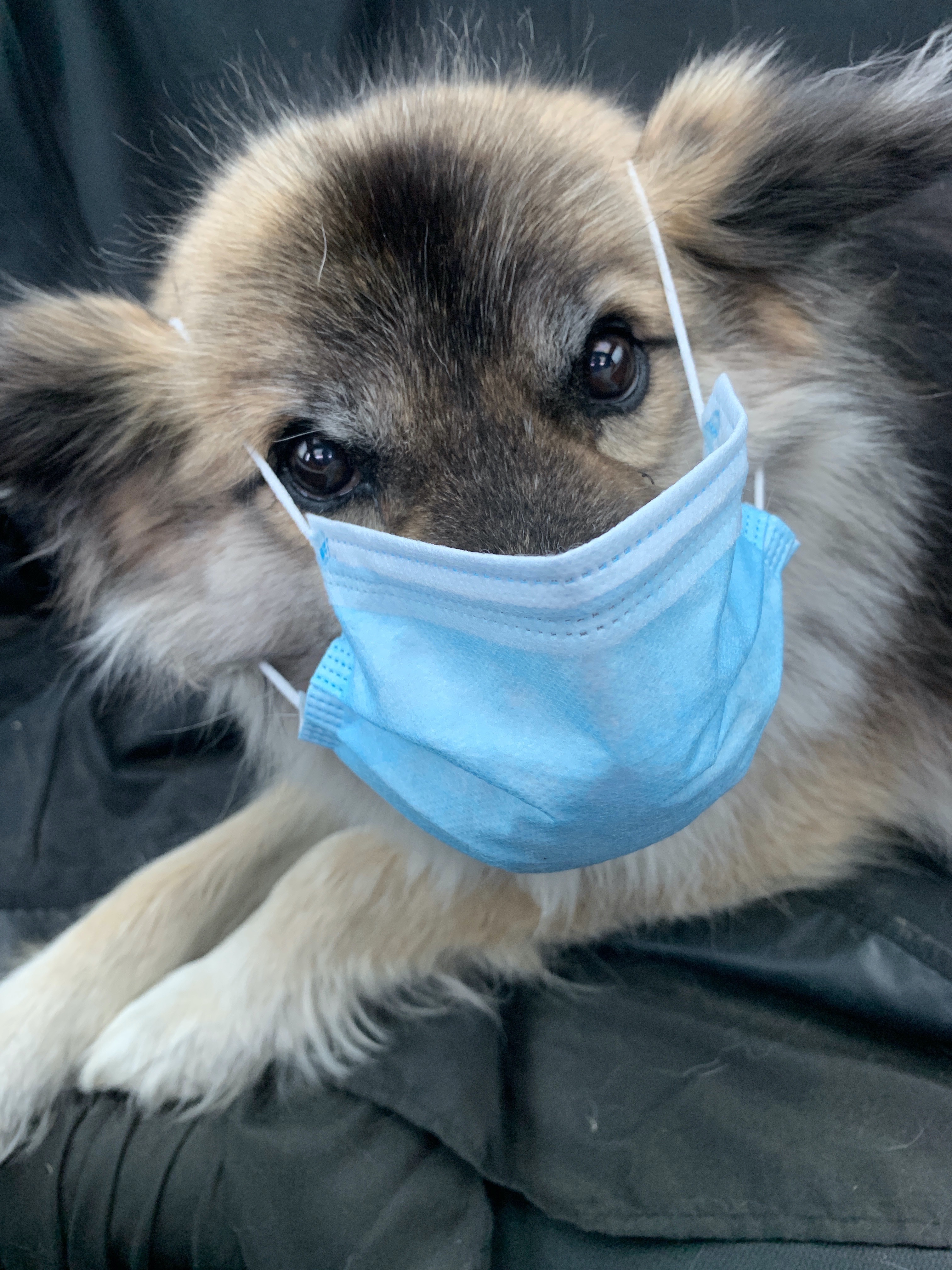Feline leukaemia virus (FeLV) is a leading cause of death in cats, killing 85% of persistently infected felines within three years of diagnosis. The virus can cause anemia or lymphoma, but because it suppresses the immune system, it can also predispose cats to deadly infections
Feline leukemia is a disease that affects only cats FeLV is passed from one cat to another through blood, saliva, and to some extent, urine and feces. Fighting and grooming seem to be the commonest ways for infection to spread. Kittens can contract the disease in the uterus or through an infected mother’s milk. The disease is often spread by apparently healthy cats, so even if a cat looks healthy, it may be be infected and able to transmit the virus.
Exposure to infected cats raises your cat’s risk of contracting FeLV. Older cats are less likely to contract the infection, because resistance appears to increase with age. For indoor cats, the risk of contracting FeLV is very low. Cats in multi-cat households or in catteries are more at risk, especially if water and food dishes and litter pans are shared.
Cats infected with FeLV may exhibit one or more of the following symptoms:
- weight loss
- loss of appetite
- poor coat
- Pale gums
- Yellowing of the mouth and whites of eyes
- lethargy
- difficulty breathing
- diarrhea
- fever
- infections
- enlarged lymph nodes
There is a blood test (ELISA) that can be performed to confirm the diagnosis. It is important to note that some cats can clear the inception within a few months and a second test may be negative. If your cat tests positive on ELISA there are other testing options to better stage the disease.
There is presently no cure for FeLV infection. The prognosis is very poor for cats with bone marrow compromise or widespread lymphoma.
Keeping your cat indoors and away from infected cats is an easy way to prevent him from contracting FeLV. Vaccination for at risk cats is paramount in preventing disease.
Feline Distemper (Panleukopenia)
Feline distemper or feline panleukopenia is a highly contagious viral disease of kittens and adult cats caused by the feline parvovirus. It is also called panleukopenia as it affects the bone marrow and causes low white blood cell counts. It is relatively common in unvaccinated cats and is often fatal, especially in young kittens. It has been referred to as Feline Distemper, but in fact, it is a different virus than canine distemper and causes different symptoms.
Early symptoms of feline distemper infection are lethargy and loss of appetite then rapid progression to severe, sometimes bloody diarrhea and vomiting. These signs are very similar to other diseases, some serious, some not so serious. Therefore, if any abnormal behaviors or signs of illness are observed, it is important to have your veterinarian examine your pet as soon as possible. A diagnosis of distemper is presumed if vomiting and diarrhea are present along with a low white blood cell count. A diagnosis of distemper is confirmed when the virus is detected in blood or feces.
Another syndrome associated with the feline distemper virus occurs when a susceptible pregnant cat or a newborn kitten is exposed. The kittens will have permanent damage to the cerebellum part of the brain and walk with an uncoordinated gait and an elevated tail. It may also affect the retinas of their eyes. They are otherwise alert and act normal.
Preventing the infection through vaccination is better rather than treating an infected cat. Today's vaccines are very effective in helping your pet protect itself from infection. A series of kitten vaccinations followed by adult boosters stimulate the cat's immune system to produce protective antibodies. Should the cat come into contact with the virus, these same antibodies will help your cat successfully fight off the infection.
Calicivirus
Feline calicivirus (FCV) is a virus that causes respiratory disease in cats. It is one of the two important viral causes of respiratory infection in cats, the other being feline herpesvirus. FCV can be isolated from about 50% of cats with upper respiratory infections.
Clinical signs in cats infected with FCV may develop acutely, chronically, or not at all. Latent or subclinical infections often become clinical when the cat is stressed, such as at the time of adoption. Acute signs of FCV include fever, conjunctivitis, nasal discharge, sneezing, and ulceration of the mouth (stomatitis). Pneumonia may develop with secondary bacterial infections.
There is no specific treatment for FCV. Antibiotics are used for secondary bacterial infections. Nursing care and rehydration are used for dehydrated and anorexic cats.
FCV vaccinationwill not always prevent disease, but can reduce the severity. Previous infection does not guarantee lifelong immunity, since an antigenically dissimilar FCV (such as VS-FCV) can cause infection. However, usually after the age of three years, FCV infections are mild or asymptomatic.
Rabies
Rabies is a severe, and often fatal, viral polioencephalitis that specifically affects the gray matter of the dog's brain and its central nervous system (CNS). The primary way the rabies virus is transmitted to dogs in the United States is through a bite from a disease carrier: foxes, raccoons, skunks, and bats. Infectious virus particles are retained in a rabid animal's salivary glands to better disseminate the virus through their saliva.
Once the virus enters the dog's body, it replicates in the cells of the muscles, and then spreads to the closest nerve fibers, including all peripheral, sensory and motor nerves, traveling from there to the CNS via fluid within the nerves. The virus can take up to a month to develop, but once the symptoms have begun, the virus progresses rapidly.
This inflammatory infection also has zoonotic characteristics and can therefore be transmitted to humans

